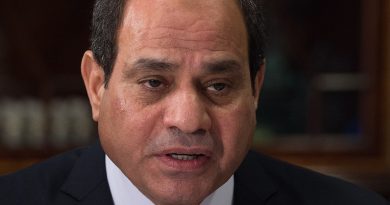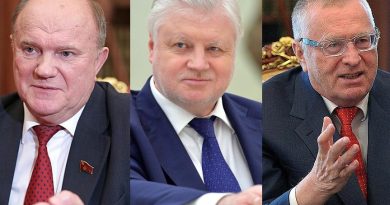Marine Le Pen Declares Candidacy for President in France, Campaigning Against Globalism
By Catherine Doolan
Staff Writer
Global movements of increasing nationalistic fervor grow with Marine Le Pen’s announcement of her candidacy in the 2017 French President Election. Le Pen, of the National Front Party, vows that she will fight Islamic fundamentalism and economic globalization. Following other nationalistic trends such as Brexit, the backlash against Chancellor Angela Merkel’s refugee policy, and the election of U.S. President Donald J. Trump, Le Pen was inspired to run for President again after an unsuccessful 2012 campaign.
Globalism, the treatment and consideration of the entire world as a political sphere and globalization, as well as the means of achieving the concept, are two key factors which Le Pen and the National Front Party address in their party platform. Le Pen and her nationalist colleagues’ primary focus is on expanding sovereign power as well as acting in the economic and social interest of French citizens before immigrants.
Facing off against candidates Benoit Hamon of the Socialist Party and Francois Fillon of the Republican Party, Le Pen will run on a platform advocating for a national French currency, deportation of illegal immigrants, stricter borders, and limitation of access to certain rights, such as public education, to French citizens only.
According to The Guardian, opponent Hamon will advocate for major investments in renewable energy and a guaranteed basic income for all French residents. Fillon, a reformist liberal and another of Le Pen’s opponents, supports balancing the federal budget, slashing taxes to encourage foreign investment, and reducing the size of the French bureaucracy. Fillon and Le Pen, the current frontrunners in recent polls, have similar views on Islamic fundamentalism but have conflicting beliefs on religion. Fillon describes himself as a “Gaullist, and what’s more, a Christian,” whereas Le Pen has expressed her belief in securitization to combat manipulation of religion for political gain.
Additionally, Le Pen promises to hold an EU referendum six months into her presidency. Following the departure of the United Kingdom from the EU, another potential exit from a member state like France would have far-reaching implications.
Opponents of Le Pen characterize her as a far-right radical who is intolerant of other cultures. Many draw comparisons between her and her father, Jean-Marie Le Pen, the former leader of the National Front Party and greatly criticized for making racially insensitive statements in the past. According to the Washington Post, Jean-Marie Le Pen referred to the Holocaust only as a “detail of history,” and called for a French alliance with Russia to “save the white world.” He also stated that out of fear that immigrants could replace the French population, the spread of Ebola could be an effective solution to stop the “demographic problem.”
However, Marine Le Pen has sought to soften the image of the National Front Party and expelled her father from the National Front Party after his controversial comments in 2015. This softening may be difficult for Le Pen, as she has made her own share of controversial statements. The Telegraph reports that she stated that seeing Muslim men pray reminded her of the Nazi occupation of France in World War II. Marine Le Pen has attempted to backtrack on her controversial comments, by distancing herself from her father by campaigning only as “Marine” and by stating that she takes issue with Islamic fundamentalism and not the Islamic religion.



